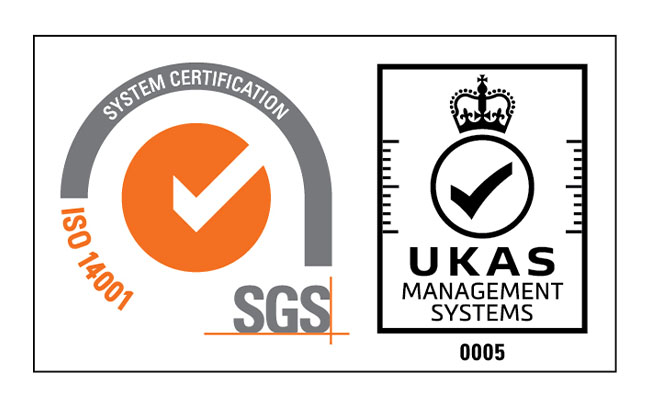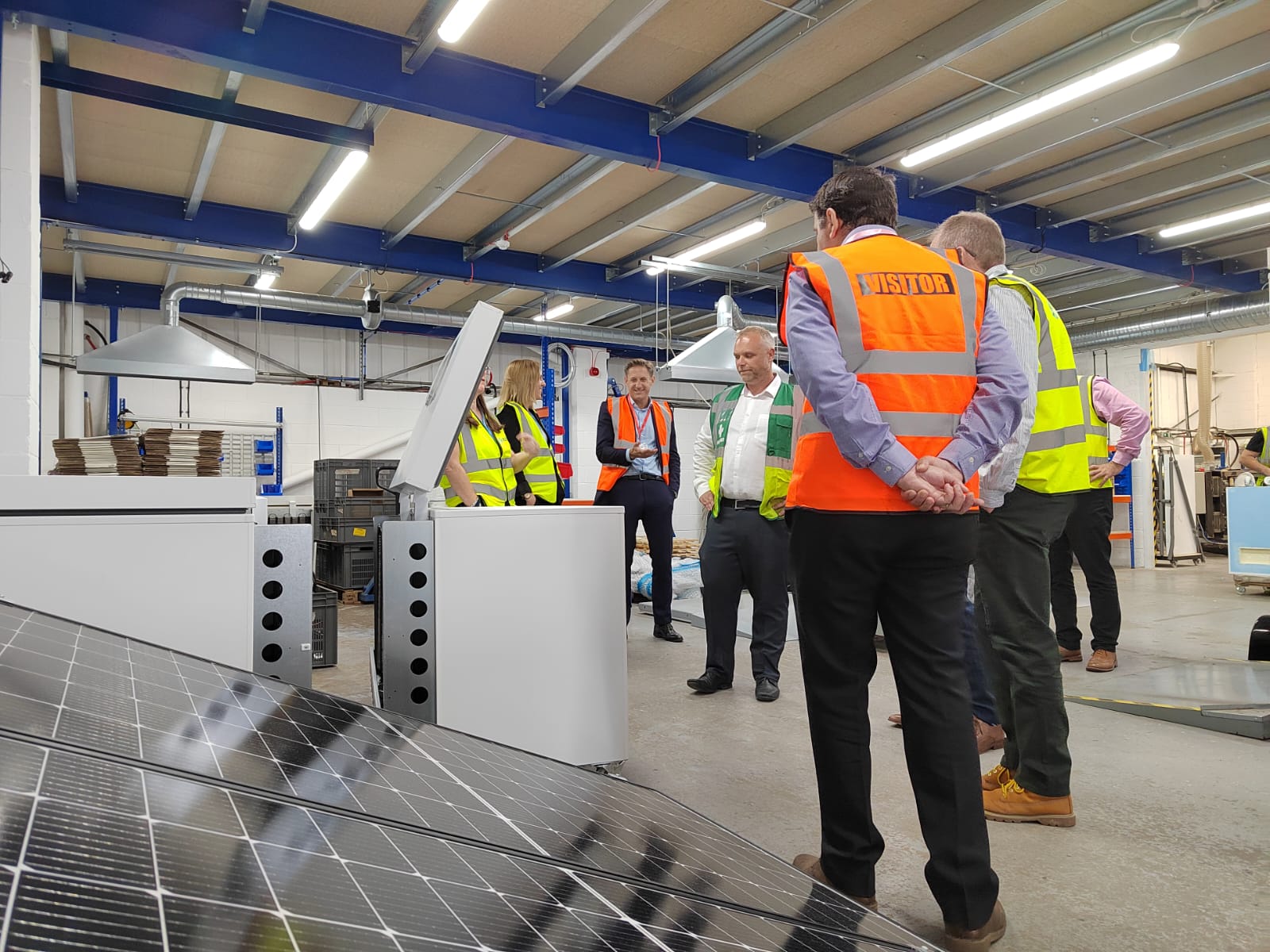Ruth Chapman, Managing Director of Dulas, explains why the program to vaccinate the world against COVID-19 will fail if inadequate effort is put into ensuring vaccine doses are stored at the correct temperature.
The scale of the COVID-19 pandemic has been unprecedented and whilst a sense of normality may be returning in some regions, many countries are still in lockdown or yet to address the challenge of getting their population vaccinated. The COVAX scheme is working for global equitable access to COVID-19 vaccines.
The COVAX facility brings together governments, global health organisations, manufacturers, scientists, the private sector, and civil and philanthropic bodies, with the aim of providing equitable access to COVID-19 diagnostics, treatments and vaccines to at least 20% of the world’s population within 92 low to middle income countries. What is often under-reported is the essential role of logistics in meeting this aim. The ‘cold chain’ must remain uninterrupted, ensuring vaccine doses stay refrigerated during transit and storage, so that the vaccine’s effectiveness is not diminished or lost altogether. Hence GAVI, the Vaccine Alliance, a philanthropic body set up in 2000, has stated that $150 million has been set aside specifically for cold chain equipment as part of the overall COVAX facility.
However, this does not always translate into real-world planning. A recent WHO article stated that ‘The first phase of Africa’s COVID-19 rollout saw a number of African countries unable to unlock funds for key expenses, including hiring vaccinators, cold-chain storage and logistics and transport and administration, by leaving them out of their costing plans’.
So far, UNICEF – largely driven by the US – has been focused on the supply of the technically much more challenging ultra-cold equipment required for the Pfizer vaccine. Most other vaccines require refrigeration at a more typical 2-80C and this less challenging requirement can be met in even the most remote areas. A Dulas single 102 litre solar-powered refrigerator can hold over 25,000 doses of AstraZeneca vaccine doses, so could comfortably double vaccinate more than 11,000 people against the disease in even the hardest to reach areas in the world. The same refrigerator could be expected to run for around 10 years, meaning not only that COVID vaccines could be administered now but also that other vaccines, including those required to eradicate common childhood illnesses, could be delivered over the next few years.
Unless the appropriate cold chain is created, global COVID vaccination cannot succeed, as WHO state; ‘No one is safe from COVID-19 until everyone is safe’. Without it, we face the repeated spectre of donated doses going to waste through the lack of adequate refrigerated storage. (For example, Malawi has recently felt it necessary to burn its expired doses publicly to allay widespread fears that rancid doses were being administered.) It will be a tragedy on a massive scale if the well-intended effort put into funding COVID vaccines for the whole world is undermined through a failure to devote attention to the equally necessary cold chain. As the World Health Organisation itself has said, ‘It is not vaccines that will stop the pandemic: it is vaccination’.








